Samsung unveils open source software for CXL Memory platform
SMDK by Samsung simplifies and accelerates CXL Memory adoption
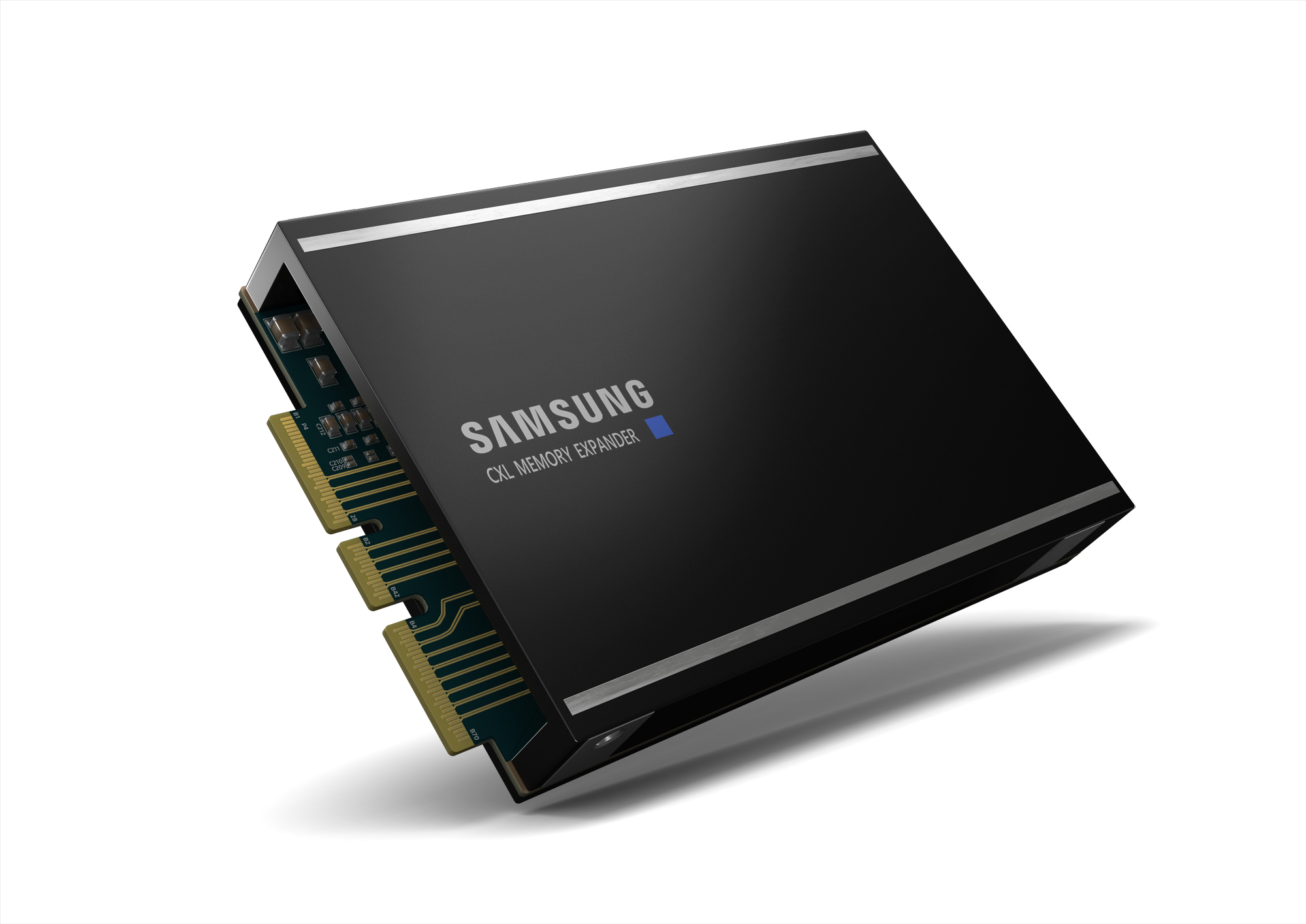
Samsung has unveiled its first open source software solution: scalable memory development kit (SMDK).
Earlier this year, the firm introduced compute express link (CXL) memory expander, which allowed memory capacity and bandwidth to reach levels far exceeding today's servers, an industry-first.
Samsung’s new solution facilitates the CXL memory platform with easy-to-integrate software tools. According to the company, SMDK will greatly increase CXL memory’s accessibility for data center system developers in emerging artificial intelligence (AI), machine learning (ML), and 5G markets.
The extensive software kit includes libraries, reusable codes, application programming interfaces (APIs), and more.
"In order for data center and enterprise systems to smoothly run next-generation memory solutions like CXL, development of corresponding software is a necessity," said Cheolmin Park, vice president of memory product planning at Samsung Electronics.
Park added, "Today, Samsung is reinforcing its commitment toward delivering a total memory solution that encompasses hardware and software, so that IT OEMs can incorporate new technologies into their systems much more effectively."
Samsung’s SMDK allows the main memory and the CXL expander to operate seamlessly in heterogeneous memory systems. CXL memory can easily be integrated into advanced IT systems with the SMDK, eliminating the need to modify or optimize application software settings.
Sign up today and you will receive a free copy of our Future Focus 2025 report - the leading guidance on AI, cybersecurity and other IT challenges as per 700+ senior executives
Additionally, SMDK’s memory virtualization feature enables system designers to manage memory pools in shared memory architectures dynamically. Thanks to a proprietary intelligent tiering engine, the SMDK can identify and configure memory types, capacities, and bandwidths most appropriate for each use case.
Samsung's SMDK is currently only available for limited testing and optimization. Samsung expects to open source the tool by the first half of next year.
-
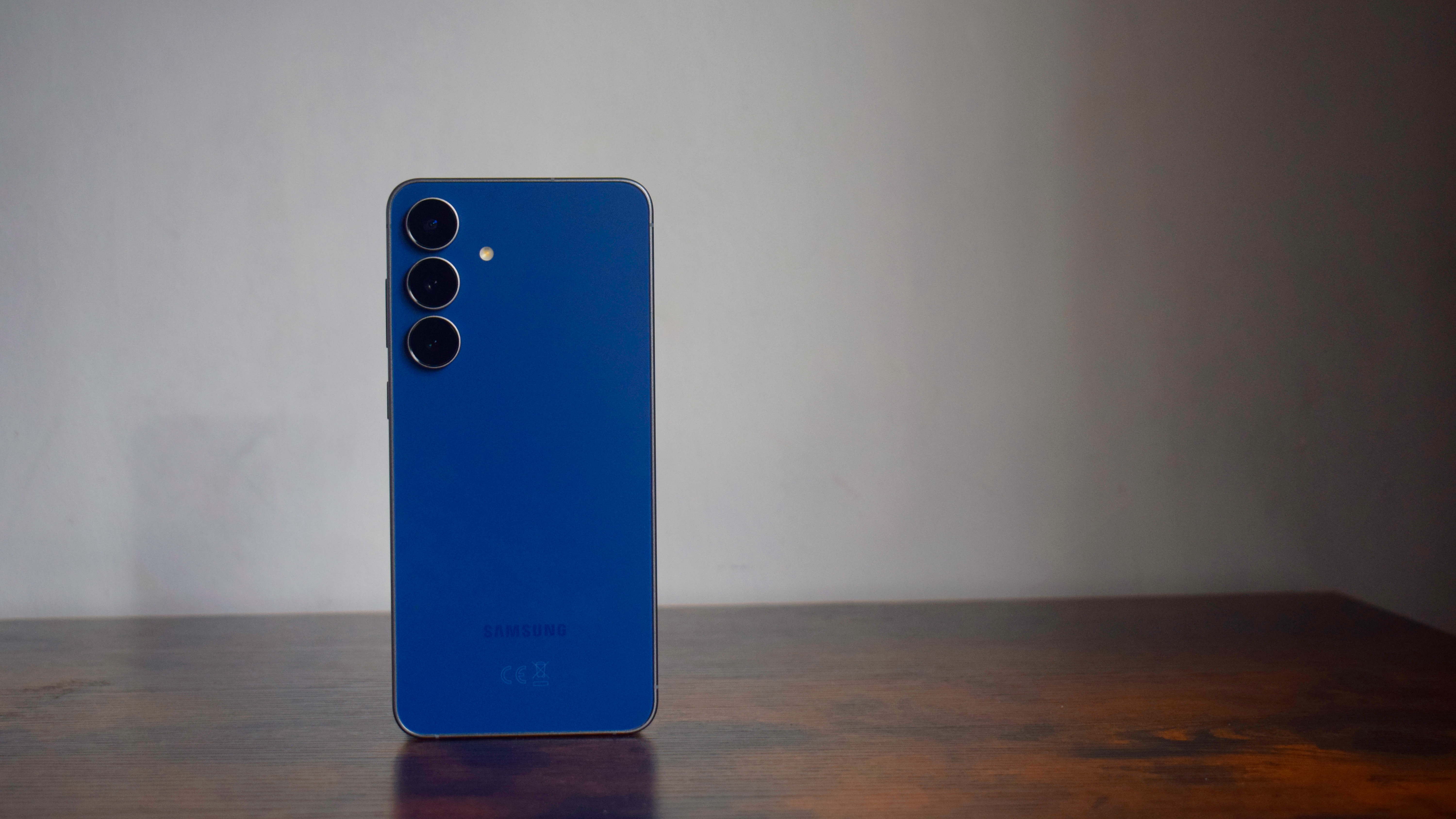 The Samsung Galaxy S25 FE is a superb budget smartphone with premium features – though I found its predictive text frustrating
The Samsung Galaxy S25 FE is a superb budget smartphone with premium features – though I found its predictive text frustratingReviews A big bright display, all-day battery, and some super premium cameras make this a superb handset for office bods
-
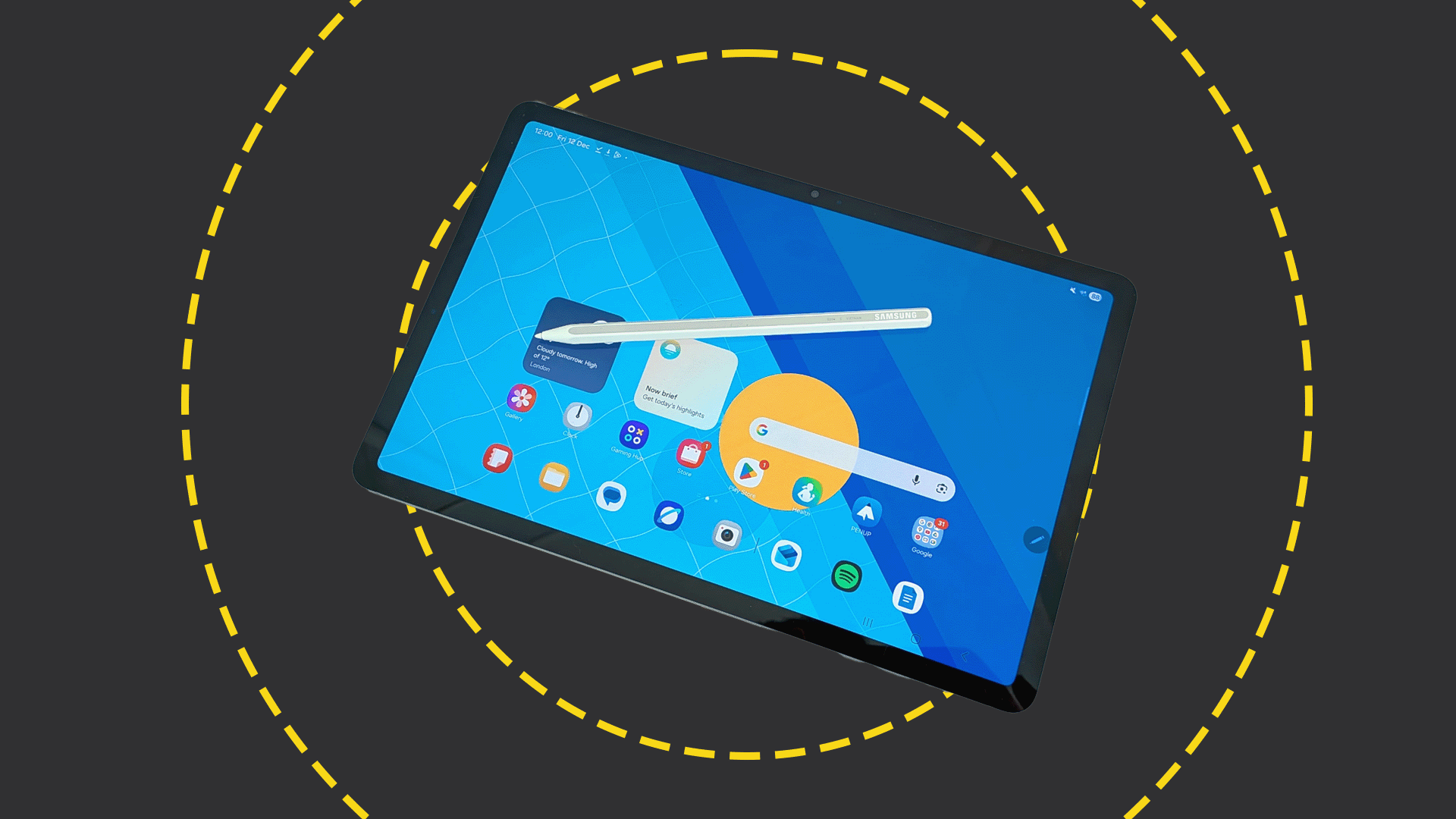 The excellent Samsung Galaxy Tab S11 is slightly overpriced
The excellent Samsung Galaxy Tab S11 is slightly overpricedReviews A brilliant lightweight tablet with a superb screen, but the competition makes it look expensive
-
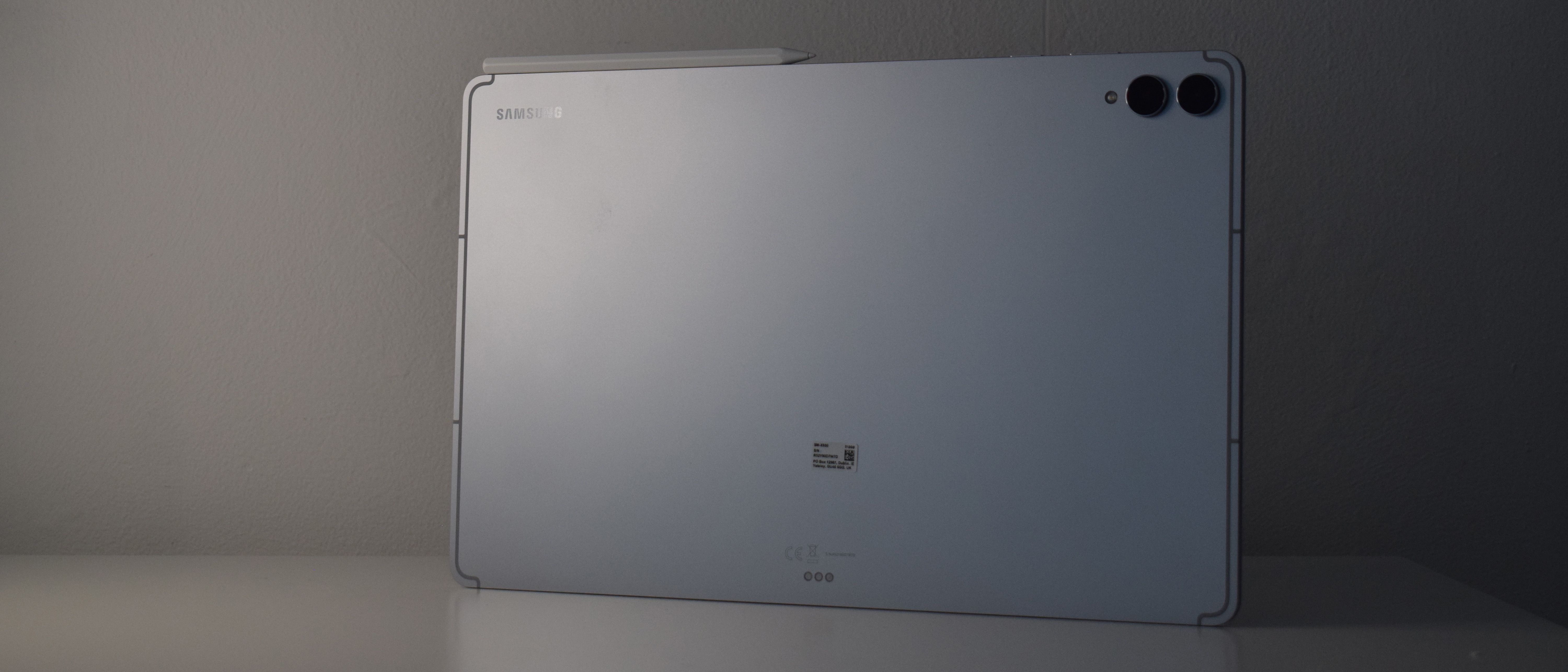 The Samsung Galaxy Tab S11 Ultra has more power, more AI, and much more battery life than its predecessor
The Samsung Galaxy Tab S11 Ultra has more power, more AI, and much more battery life than its predecessorReviews A wonderful slab of technology, packed with AI features, and the battery life is fantastic – very much a tablet worthy of the name, 'Ultra'
-
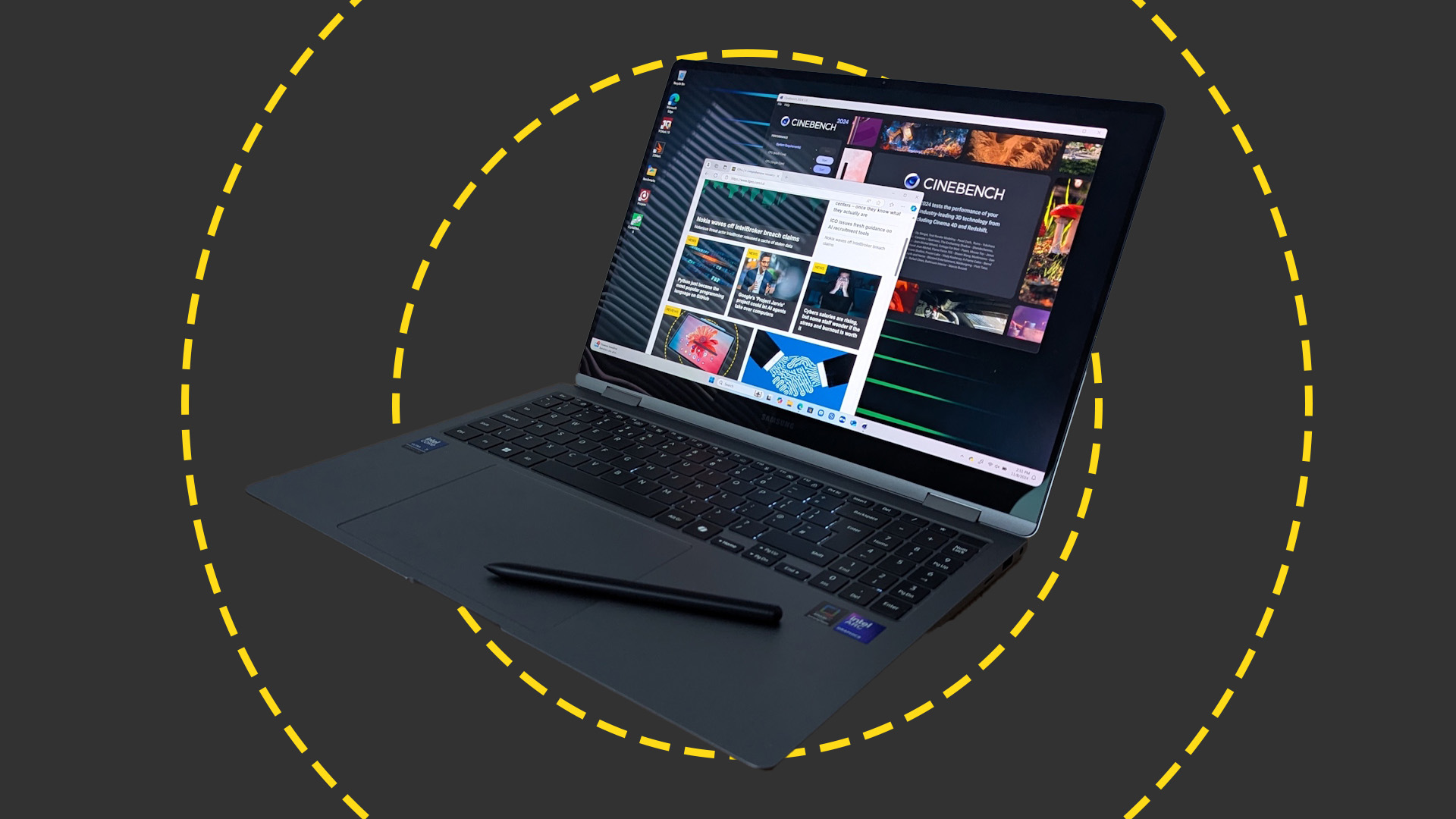 Samsung Galaxy Book 5 Pro 360 review: Almost the perfect big-screen laptop
Samsung Galaxy Book 5 Pro 360 review: Almost the perfect big-screen laptopReviews The Book 5 Pro 360 is a laptop you slowly get accustomed to, rather than one that feels right from the word go.
-
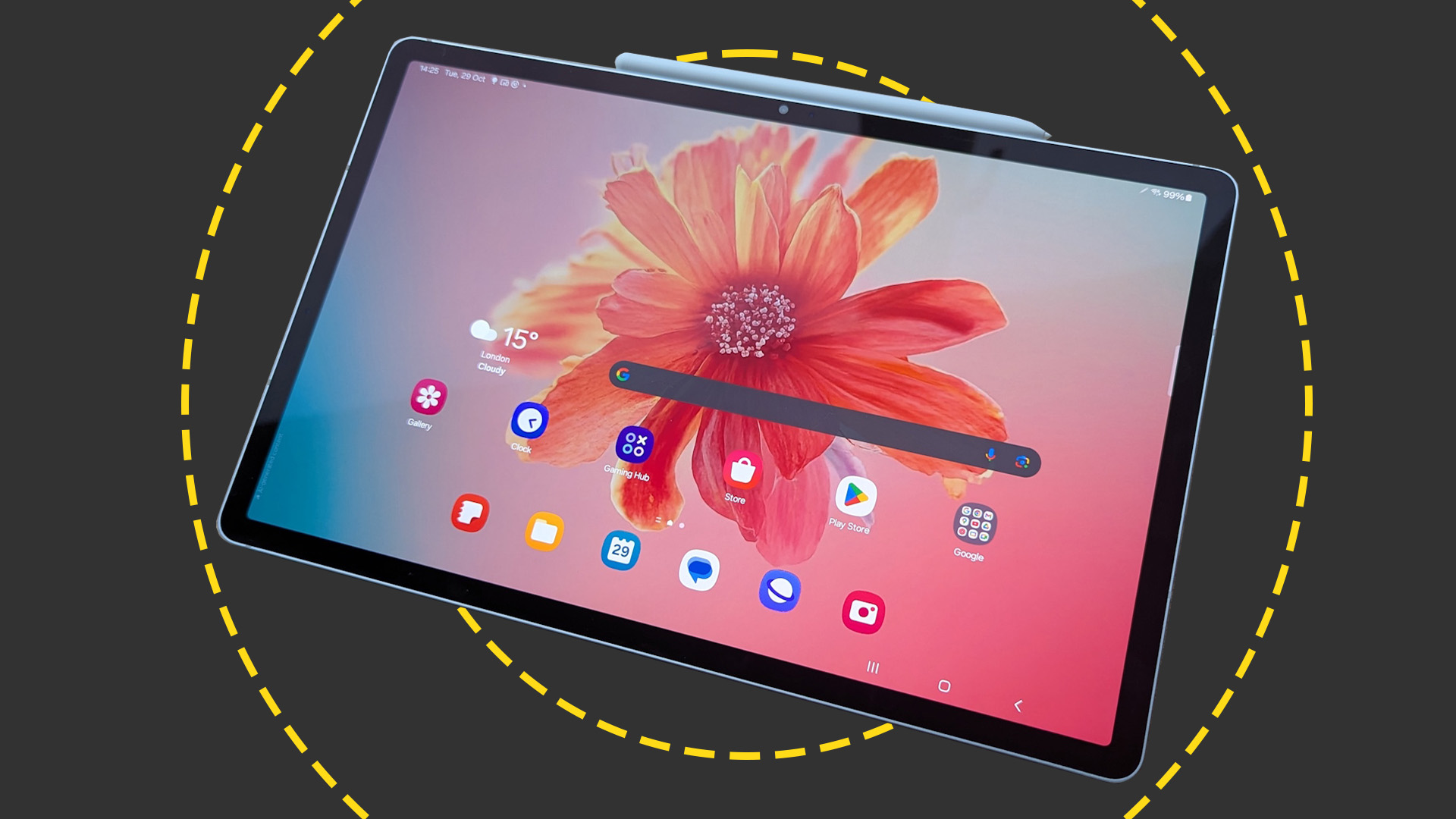 Samsung Galaxy Tab S10+ review: Possibly the best Android tablet for business
Samsung Galaxy Tab S10+ review: Possibly the best Android tablet for businessReviews With good performance, AI features and an exceptional screen, the Tab S10+ is the best Android tablet out there, if not quite the best tablet overall
-
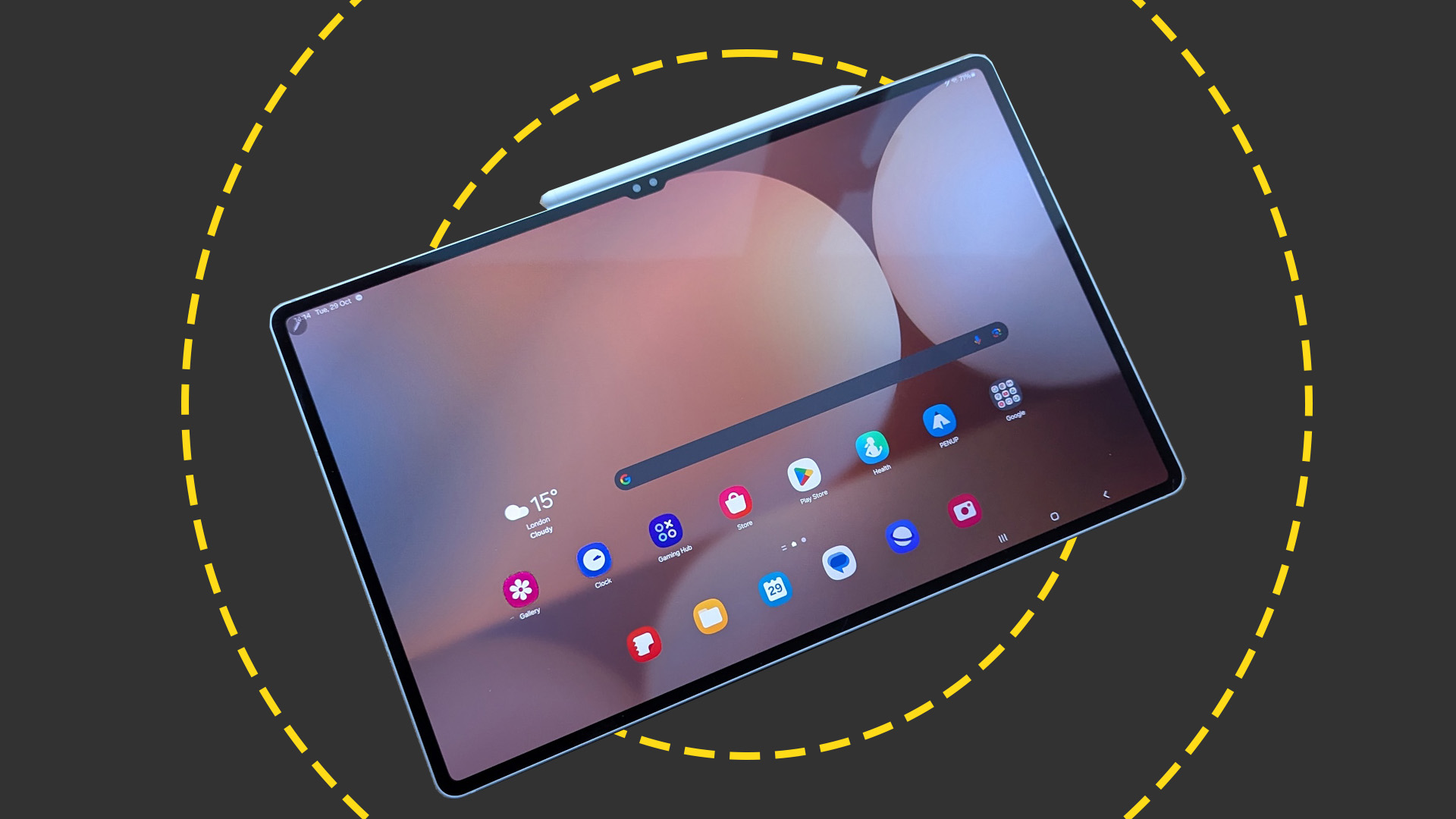 Samsung Galaxy Tab S10 Ultra review: Samsung's big-screen tablet is an AI-powered multitasking monster
Samsung Galaxy Tab S10 Ultra review: Samsung's big-screen tablet is an AI-powered multitasking monsterReviews The sheer size won't be for everyone, but the Tab S10 Ultra has the screen, performance, and multitasking prowess for serious work
-
 Rugged goes mainstream
Rugged goes mainstreamwhitepaper Why every business needs rugged devices to get the job done
-
 Why tougher doesn’t need to mean harder
Why tougher doesn’t need to mean harderwhitepaper Bridging the rugged and consumer device divide

